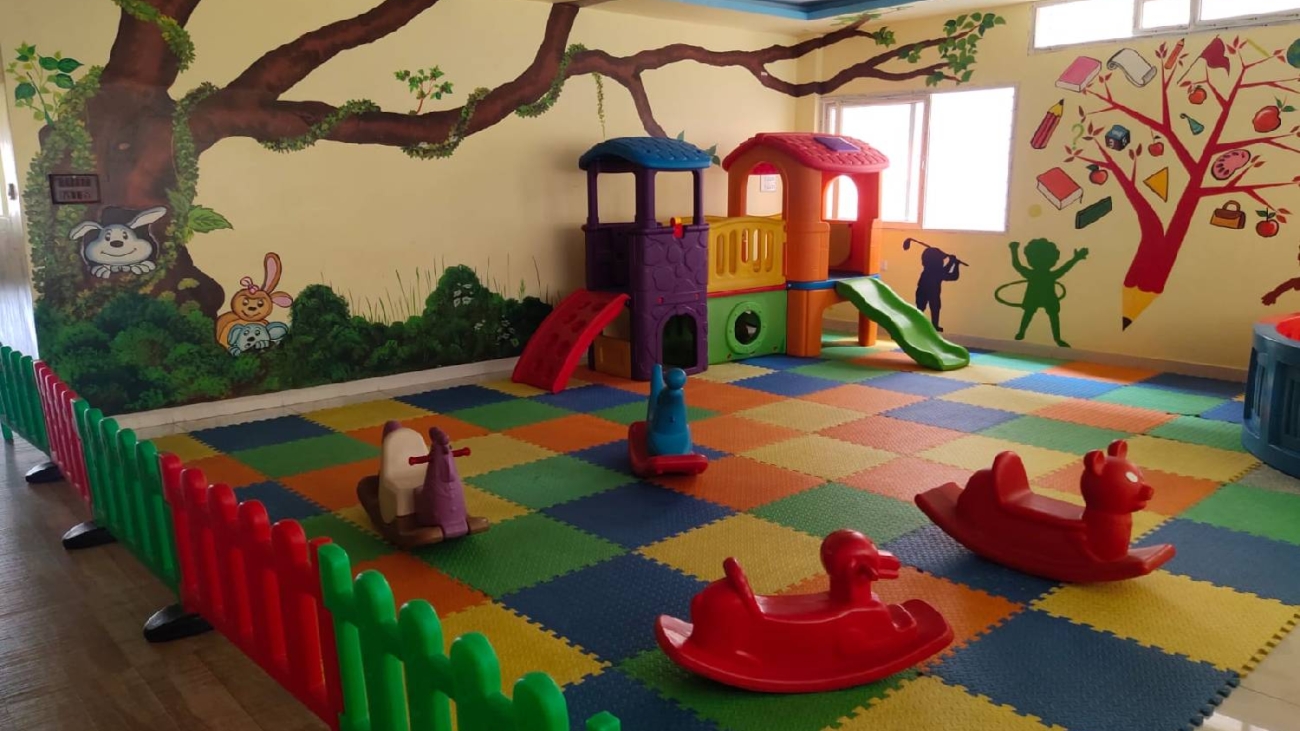Transitioning your child from the comfort of home to a structured preschool environment can be a significant milestone. It’s a time of excitement and change, both for you and your preschool-aged children. While this transition can be challenging, it also provides an excellent opportunity to nurture your child’s creativity and independence. Here are some tips to make this transition smooth and enriching for your preschool-aged children.
1. Create a Routine
Establishing a consistent routine helps preschool-aged children feel secure and understand what to expect each day. Start by setting regular times for waking up, meals, play, and bedtime. Gradually introduce activities that mirror the preschool schedule, such as structured playtime, story sessions, and snack breaks. This familiarity with routines will ease their transition to the preschool environment.
2. Encourage Independence
Preschool is a time for children to develop independence. Encourage your child to perform simple tasks on their own, such as dressing, feeding, and cleaning up toys. Providing opportunities for independent play and decision-making boosts their confidence and prepares them for the structured setting of preschool.
3. Foster Creativity Through Play
Play is a vital part of a preschool-aged child’s development. It stimulates creativity, problem-solving, and social skills. Encourage imaginative play by providing a variety of toys, art supplies, and dress-up clothes. Engage in activities that spark creativity, such as building blocks, drawing, and role-playing games. These activities not only nurture creativity but also enhance cognitive and motor skills.
4. Introduce Educational Activities
Incorporate educational activities that align with preschool learning. Simple activities like sorting shapes, counting objects, and identifying colors can be both fun and educational. Reading together is another excellent way to prepare your child for preschool. Choose books that stimulate their imagination and encourage a love for reading.
5. Visit the Preschool Together
Familiarizing your child with their new environment can reduce anxiety. Arrange a visit to the preschool before their first day. Let your child explore the classroom, meet the teachers, and interact with future classmates. This familiarity will make the first day less intimidating and more exciting.
6. Communicate Openly
Talk to your child about what to expect at preschool. Explain the daily activities, the importance of following instructions, and making new friends. Encourage them to express their feelings and address any concerns they may have. Open communication reassures your child and helps them feel more comfortable with the transition.
7. Be Positive and Supportive
Your attitude towards preschool will significantly influence your child’s perception. Display enthusiasm and positivity about this new adventure. Celebrate small achievements and provide reassurance during moments of uncertainty. Your support and encouragement will help your child embrace preschool with confidence.
8. Stay Involved
Stay engaged with your child’s preschool experience. Attend parent-teacher meetings, volunteer for activities, and regularly communicate with the teachers. Being involved shows your child that their education is important and helps you stay informed about their progress and any areas where they might need extra support.
9. Create a Creative Space at Home
Set up a designated space at home for creative activities. Stock it with art supplies, puzzles, and educational games. Encourage your child to use this space for independent play and creative exploration. A dedicated creative space reinforces the learning and creativity fostered at preschool.
Transitioning from home to preschool is a significant step in your child’s life. By nurturing their creativity and independence, you can make this transition a positive and enriching experience. With these tips, your preschool-aged children will be well-prepared to embrace their new environment and thrive in their preschool journey.





